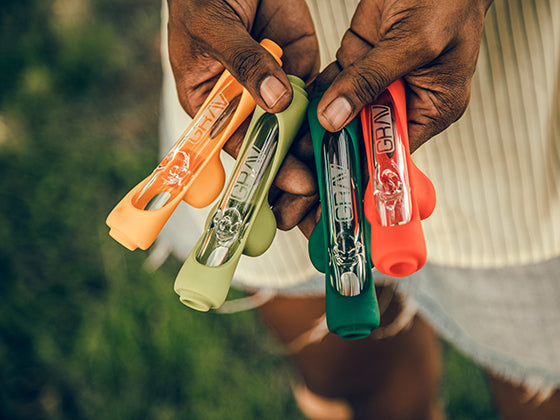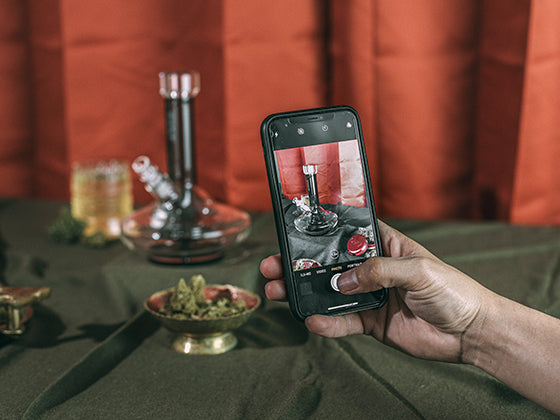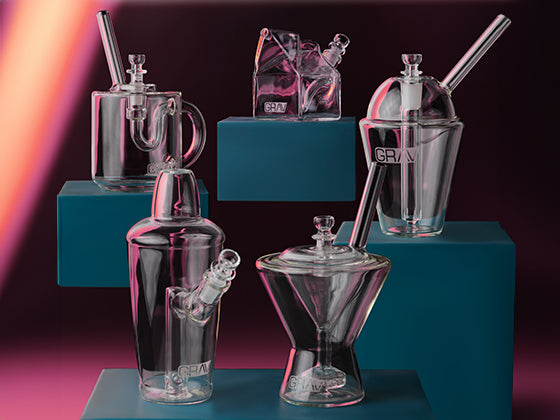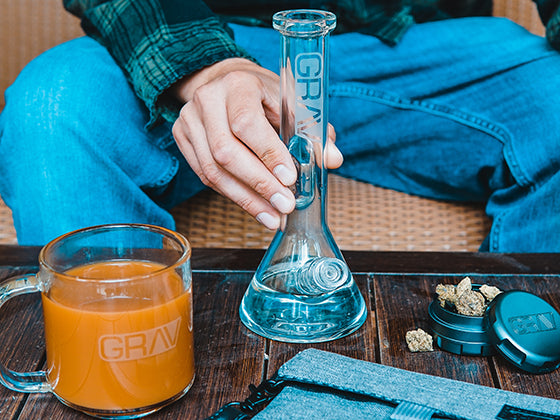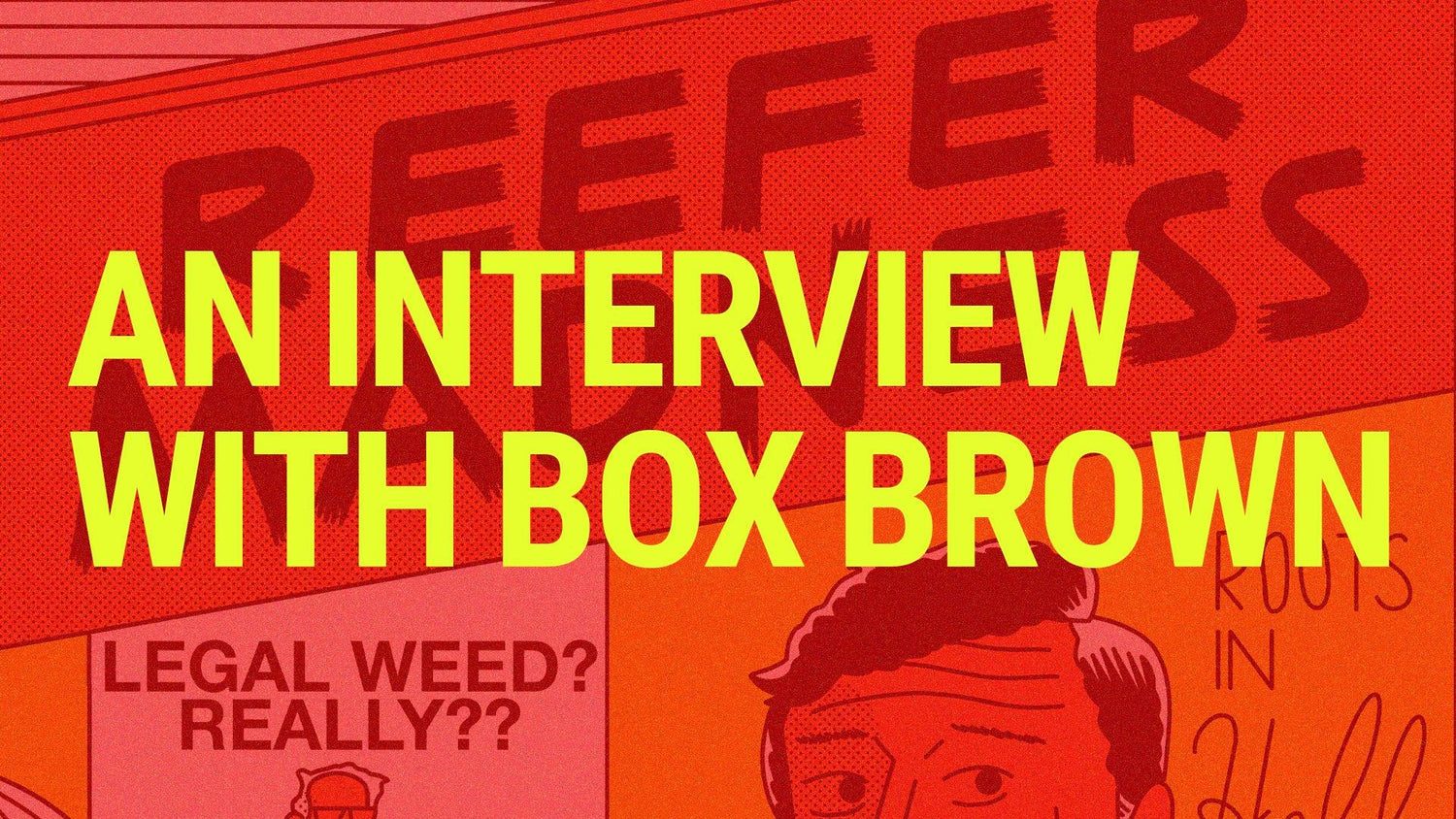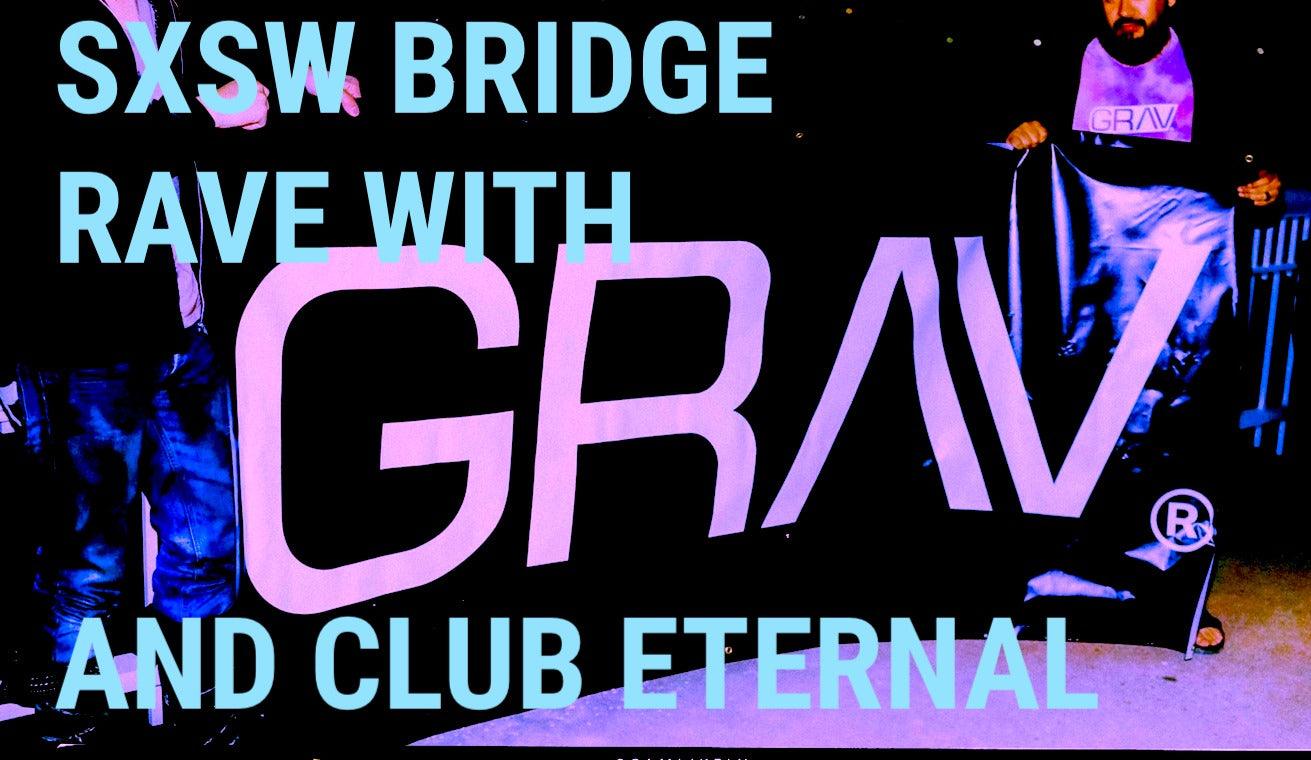A bland man in a bland suit sits on an official-looking dais.
Explaining why he thinks cannabis should remain illegal, he says, “The police dog discussion and all that and retraining…what’s it going to cost our local law enforcement agencies who’ve…spent thousands and thousands of dollars on these dogs to get these dogs drug trained and now they’re going to have to be retired. That’s a big issue.”
The bland man is Minnesota state senator John Jasinski, and he thinks cannabis should not be legalized…because it will put drug-sniffing dogs out of work.
What’s really going on here? Usually, these eye-roll-inducing arguments come from one of two places.
Sometimes, the speaker has some kind of financial ties to prohibition. The alcohol lobby, for instance, has a vested interest in keeping cannabis illegal. So do drug-testing companies.
And sometimes, the speaker has bought into the stigma. They believe cannabis = bad despite all the evidence to the contrary. And now they have to reverse-engineer reasons to support their viewpoint.

Cartoonist Brian “Box” Brown has been following the rocky road of cannabis from prohibition through legalization—and educating us along the way. Brian is GRAV’s® current Featured Artist, so read on to learn more about his work and our newest collaboration!
Finding Clarity Through Comics
Brian is an award-winning cartoonist who creates autobiographical and nonfiction comics. His book Andre the Giant: Life and Legend was a New York Times Best Seller. He’s also won two Ignatz Awards, which recognize outstanding achievements in comics.
“I really think that comics are magical,” he says. “There's real magic there. It’s an amazing way to convey really important information. And I think the biggest example of that is when you get on an airplane, they have the safety guide in the seat pocket with what to do if the plane crashes. It's essentially a comic. It conveys information quickly and easily and very specifically, without using words in a lot of cases.
“That’s the power of comics. The eye is drawn to it. People want to see what happens in the next panel. That's just the magic of the art form.”
Brian is also an avid supporter of cannabis. His book Cannabis: The Illegalization of Weed in America explores the racist and propaganda-fueled history of prohibition. And his weekly comic Legalization Nation provides ongoing education and commentary on the sometimes fraught process of cannabis legalization, including state regulations, black markets, corruption, and patient’s rights.

“You Don’t Have to Be Ashamed of Your Cannabis Use”
As an expert on the history of prohibition and the slow march toward legalization, we were eager to get Brian’s take on the current state of the industry. Cannabis may be legal in many states, but the stigma attached to it is alive and well.
“I always want to figure out a new way to address stigma in the system,” he says. “It informs every single aspect of the legalization process.”
Take taxes, for example. “You're paying like 30%, 40% tax on your cannabis [in legal markets]. It doesn't specifically say ‘This is a sin tax.’ But when you make taxes that high, you’re encouraging people not to do the thing because it's harmful. These are the kind of taxes we see on cigarettes and alcohol and sugary sodas. I read recently that even the excise tax on firearms maxes out at like 11%. And cannabis is way up there beyond that. That’s stigma. There's no way they would try to pass a 40% tax on a single product unless society thought it was okay. There's no other reason except to say that ‘cannabis is bad.’
“Stigma informs everything. It’s the reason why states can get away with [limiting cannabis suppliers to just six companies], because of the ‘danger’ of cannabis. I'm tired of accepting any of that.
“Cannabis advocates will say, ‘Whatever, we just want it to be legal.’ And that’s fair because people are being arrested. But I just think that there should be somebody in that conversation saying ‘Why are we doing this in the first place?’ You can’t say that cannabis is bad or evil because it’s not, based on the science. The idea was that stigma would be removed along with legalization, and that’s just not the case. It’s informing all of our laws in ways that we’re already accepting as okay.”
Even in legal markets, municipalities have the option to ban retail sales. In California and New Jersey, 70% of cities ban dispensaries. And in New York, the majority of towns and municipalities have opted out of allowing dispensaries or consumption lounges.
Plus, many (but not all!) of the dispensaries we do get seem to distance themselves entirely from the old head shop culture. They’re scrubbed and sanitized, removed as far as possible from their stoner origins. They feel more like Apple stores than flower shops.
Why? Stigma.

“I just want to keep reminding people that you don't have to accept it. You don't have to be ashamed of your cannabis use. We don’t have to grin and bear it just because they’re ‘doing us a favor’ by legalizing it. Prohibition was a mistake all along, and now they are righting an 80-year-old wrong. I just think that we've been pushed aside for so long that people are timid. And I think we should just be brave and confident.”
Using a Classic Subculture Tool to Fight Stigma
Stigma has been on our minds lately. And we’re huge fans of Brian’s work. So a collaboration seemed like a no-brainer. So we reached out to get the ball rolling, and when he suggested creating a zine, we jumped at the chance.
A zine is a self-published or independently-published mini magazine (hence “zine”). Don’t let the word “magazine” throw you off—there’s nothing glossy about zines. They’re often hand-drawn, copied in black-and-white, and stapled together by hand.
Zines originated in the 1930s sci-fi community. Through the ensuing decades, as access to printers became more widespread, zines emerged that focused on folk music, poetry, and comics. Through the 70s and 80s, they became a mainstay of punk subculture. And by the 1990s, many zines had taken on a decidedly political slant, promoting causes including third-wave feminism, queer acceptance, and corporate misconduct.

(This writer recalls a punk show in the late 1990s where she was handed a zine about Procter & Gamble’s animal testing practices. It was a fitting introduction to the genre, and sparked a lifelong mistrust of P&G.)
With roots in subculture and promoting societal change, a zine railing against cannabis stigma only makes sense. Brian’s creation is a 12-page zine called “Rebranding Reefer Madness: Resisting Modern Cannabis Propaganda Without Shame.” It exposes some of the propaganda that we’re still subjected to today, plus Brian’s hopes for the future. Art from the zine has also been turned into a new t-shirt and rolling tray.
Working with GRAV®
“GRAV®’s first invitation to me was, ‘Hey, do you want some bongs and stuff?’” Brian says.
Listen. It’s not subtle, but it got his attention. Brian is a busy guy.
But then we got down to it. Brian met with GRAV® CEO Brandon Miranda to talk about their philosophies on cannabis and the state of the industry. And then it was on.
“GRAV® is super hands-on and had a bunch of awesome ideas. It was a great experience. I’ve worked with companies that will ‘forget’ to pay you,” he says. “Or wait until the 89th day of their 90-day terms. They’ll say ‘let’s collab,’ which really means the artist does all the work for free. But working with GRAV® was nothing like that. It was really great to work with a company that brought me into the fold and let me express myself creatively. In a way, they’re one of the best comic publishers I’ve ever worked with. Certainly the best zine publisher.”
As for his favorite GRAV® piece, it’s hands-down the Globe Bubbler. “This is the best dab rig. I love it. It hits so smooth. I bring it around with me everywhere.”
So glad you like it, Brian.
Shining a Light
Despite the best efforts of corrupt politicians and self-promoting special interests, legalization is happening. While they can’t stop it, they can (and are) doing their best to create this new industry in a way that benefits themselves and harms—or fails to help—some of the people who need it the most.
The shady side of cannabis needs just that—shade. So we’re so grateful to artists like Brian who draw out the facts (literally) and shine a light on what the powers that be would prefer to keep hidden.
The 12-page Rebranding Reefer Madness Zine and GRAV® Box Brown T-Shirt are available now. This is a limited edition release, so get it quick!
To check out more of Brian’s work, find him on his website, Instagram, or Twitter! And make sure to hit up Legalization Nation, for new strips every Wednesday.



